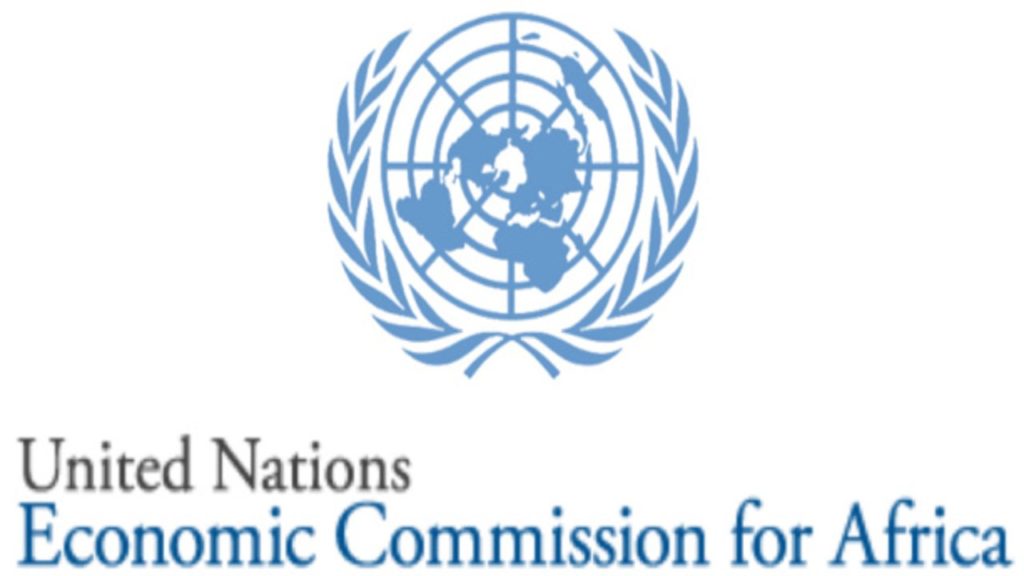The retail and corporate banking sector in Africa holds more than 90 per cent of the assets in the financial sector, according to a recent economic report.
As a result, most financing mechanisms in Africa are bank-based because banks are a major source of innovative financing in Africa providing opportunities for borrowers and savers alike, as well as enabling the private sector to improve economic prospects across the continent.
However, according to the report Africa’s banking sector is comparatively underdeveloped when benchmarked against those in emerging market economies in Asia and other industrializing economies.
Assets of Africa’s banking sector represents “less than 60 per cent of GDP on the continent, compared with more than 100 per cent in other emerging and advanced economies,” the report revealed.
Additionally, despite an overall increase in banking activities, bank financing to the private sector remains low and ill-tailored to the needs of private firms.
“Private sector access to financing is impeded by government dominance of banking credit and difficult access for small and medium-sized enterprises (SMEs) and for key sectors of the economy”.
In Ghana for instance, at the presentation of the advance appropriation in the last quarter of this year, the government disclosed its plans of borrowing approximately GH¢1.26 billion from the banking sector to assist the government in financing its activities for the first quarter of 2021.
“Firms in Africa report that access to financing remains a key constraint to firm entry and growth, second only to a reliable source of electricity
“Most bank loans to the private sector are short- to medium-term in tenor. Often, however, businesses need financing for longer-term projects, such as to purchase fixed assets or property to expand capacity”.
Over the past two decades, however, progress is been made as the banking sector has changed fundamentally in many African economies with more advancement in the provision of digital financial services. Also, most Pan-African banks have now extended their coverage, conducting business in multiple countries.

The African banking sector has also made great strides towards financial inclusion as evidenced by significant advances in mobile banking, mobile money services, other digital platforms for transacting, and marketplace lending, connecting unserved and underserved communities to the financial sector.
Going further, the report adds that this has helped to include vulnerable groups like women especially those in rural communities, SMEs in the financial system.
Though still small, the African banking sector is one of the fastest growing and most profitable in the world, making it one of the key sectors propelling economic growth on the continent this century.
“The average return on equity for publicly listed banks is between 11 per cent and 22 per cent in Africa, compared with 14 per cent for emerging market economies and 8 per cent for developed economies in 2019”.
The resilience and continued development of the banking sector especially in the face of external shocks or crises such as COVID-19 also offer the promise of more progress to come, enabling banks to provide needed funding, to channel savings into investments and to participate more actively in the formal economy.




















